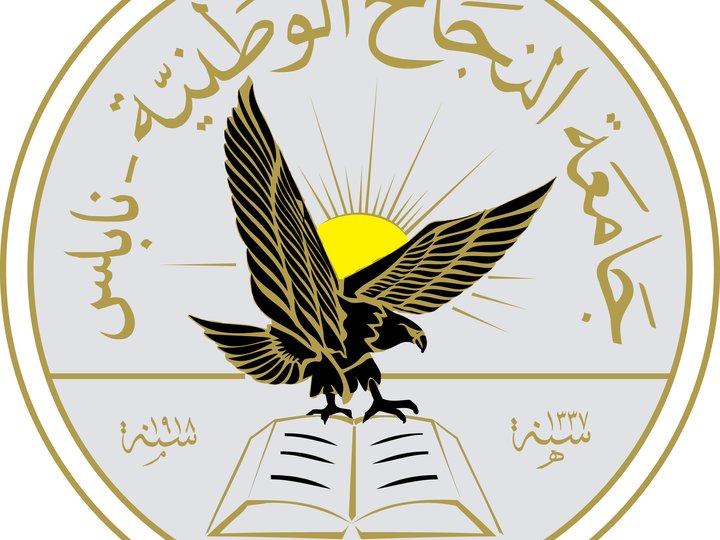
The interrelationships between language and identity have emerged, in the recent years, as a powerful paradigm. David Evans has recently argued, ‘language not only expresses identities but also constructs them’ (2014). Not only language and identity are closely interwoven, but they also function as powers that promote opportunities or combat representation. The theme of language and identity is at the intersection of different areas of the human sciences: literature, gender studies, discourse analysis, translation, history and critical heritage studies, etc. At the core of these disciplines is always a tendency to tackle pressing-real life- issues pertaining to language and identity, including expressions of affiliations and disaffiliations, discrimination and social justice, inclusion and exclusion, colonization and decolonization. While some individuals have gained multiple identities and belongings through cultural allegiances of language, others have expressed a rupture and fragmentation in their identities by toying with language choices. In this postmodern age of geographical and lingual displacements, we are interacting across linguistic and cultural boundaries than ever before, through journeying across foreign culture and foreign languages in writing, reading, interpreting and translating various modes of expression. This conference seeks to engage seriously with one of the main aims of humanities that addresses the impact of multiplicity and brevity on our language and identity. How does this increasing exposure to foreign literature, culture and various versions of history and heritage concerns affect our language, and thus our identity? At this conference, we wish to discuss the links and intersections between language and identity in literary, linguistic, cultural, historical and critical heritage and translation studies.
Focusing on the aspects of language, literature, culture and heritage in any or all possible contexts, and employing interdisciplinary approach to address the theme of the conference with methods and insights yielded from multiple disciplines, “the Conference on Language and Identity” welcomes papers that deal with the question of identity and language across various fields of knowledge and intends to blur the limits of conventional discourses and approaches. You may participate as panel organizer, presenter or observer. Submissions are open for 30-minute slots (20-minute talks + 10 minutes for discussion). All submissions to the conference will be reviewed by independent peers for technical merit and content.
A 250-word abstract and 5 keywords should be submitted as an email attachment to [email protected] (see important dates below) In your email, please include your name, affiliation, email address, phone number, title of the paper, abstract, 5 keywords and a brief bio sketch.
Papers may address the following topics of interest for submission:
- Language and Identity (Re)- Construction
- Language and Social Perception
- Heritage and the Concern of Future Generations
- Critical Theory and Cultural Identity
- Multiplicity and Language Acquisition
- Identity and the Struggle for Recognition
- Culture and the Construct of Identity
- Exilic and émigré literature
- Intersectionality and identity politics
- Identity and Translation Studies
- Language, Identity and Culture
- Language, Power and Ideology
- Filiations and Affiliations
- Nation and National Allegory
- Politics of Diversity
- History and Hegemony
Participation Criteria:
1. Papers can be written in English or Arabic
2. Papers should be no longer than 20 pages.
3. Papers will be peer reviewed.
4. Papers should address the aims and goals of the conference.
5. Papers should be typed in Simplified Arabic font if written in Arabic and in Times New Roman if written in English.
6. Participants should fill out the participation form herein below.
7. Interested researchers who cannot come to Nablus can provide a recorded presentation and send it to https://openload.co أو https://wetransfer.com.
The Participation Form
Important dates:
1. The conference takes place at An-Najah National University in Nablus on the 14th of June 2020
2. Abstracts should be sent by the 1st of April 2020 at [email protected]
3. Notification of the acceptance of the abstracts will be sent be the 1st of May 2020
4. The full paper should be sent by the 20th of May 2020
Conference Committee Members are:
1. Dr. Ahmad Qabaha
2. Prof Mohammad Al-Raba’
3.Dr.Mohammad Khatib
4. Dr. Nader Qasim
5. Dr.SufianabuArrah
6. Dr.Ma’mounMubarakeh
7. Dr.WaseemBishawi
8. Dr.Masoud Agbareia
8. Mr.Mohammad Wahbeh
عدد القراءات: 1065
